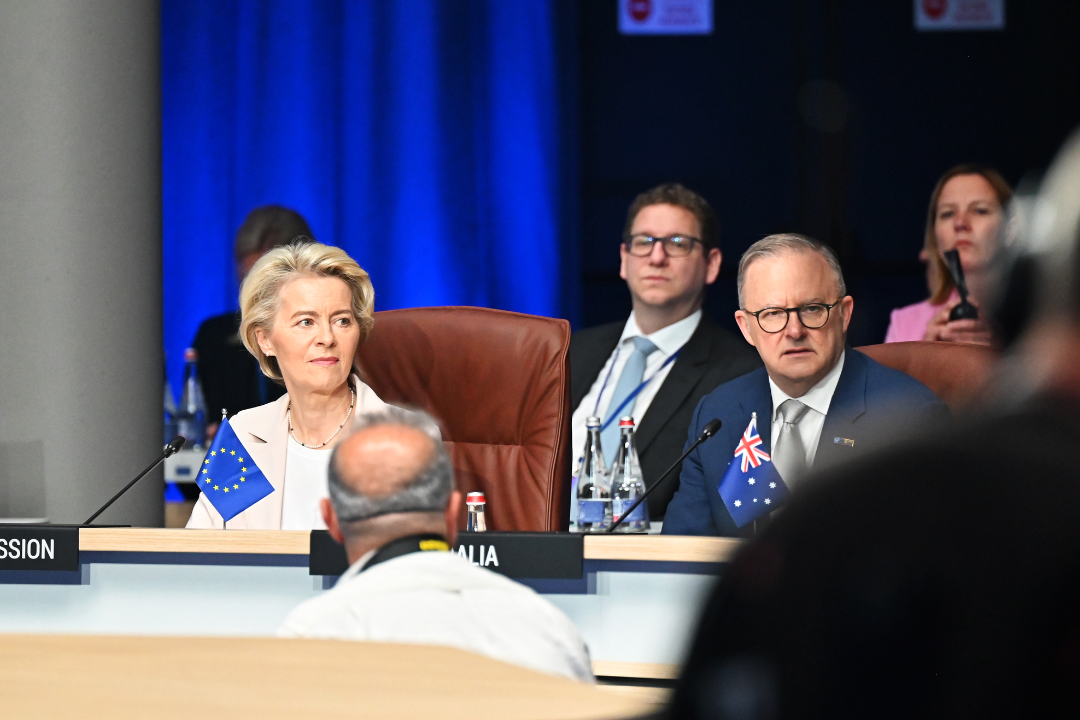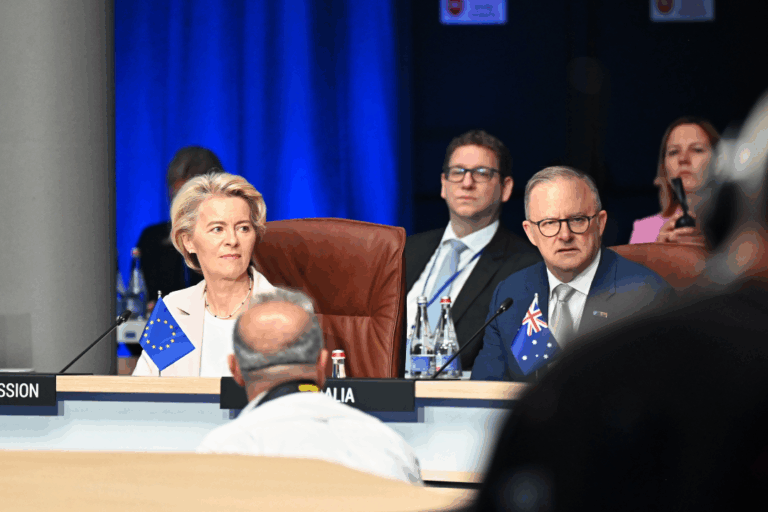Australian Luxury Car Tax on the Chopping Block?
Fresh from a decisive election victory, Prime Minister Anthony Albanese is working tirelessly to secure better deals for Australian goods overseas. Recent reports suggest that nothing is off the table in these trade negotiations, including potentially axing the contentious luxury car tax (LCT).
What is the Australian Luxury Car Tax?
The LCT is celebrating its 25th anniversary this year, having been introduced by the Howard government at the turn of the century and revamped by the Rudd government in 2008. It imposes a 33% tariff on vehicles imported into Australia that are sold for more than $80,567 (or $91,387 for ‘fuel-efficient vehicles’).
Originally designed to discourage Australians from buying foreign vehicles like BMW and Mercedes by making them more expensive, thereby promoting locally-made brands like Holden and Ford, the tax has outlived its purpose. With the last Australian-made Holden Commodore rolling out of its Victorian plant in 2017, the LCT now seems like a solution without a problem. Yet, it remains in place, much to the frustration of MPs and motorists alike.

The Federal Government appears content to maintain the LCT, likely due to its lucrative revenue stream of over $1 billion annually. So, what could prompt PM Albanese to consider relinquishing this substantial income?
The Road to Free Trade
As Albanese embarks on a grand tour to improve deals for Australian exporters, he’s engaging in regular discussions with Indian Prime Minister Narendra Modi and holding open talks with the European Union. The EU has indicated its willingness to negotiate better trade deals with Australia, but expects concessions in return. According to a News Limited source, Albanese is unlikely to drop the LCT without securing better agricultural deals for Australia in Europe.
Lowering tariffs and taxes in Australia would clearly benefit Europe, particularly its car industry, which is gearing up to challenge China’s rapidly expanding electric vehicle presence in Australia. Albanese’s push for improved agricultural deals is consistent with his previous stance. In 2022, he highlighted the potential for Australian farmers to increase exports to a broader range of trading partners.
Australian farmers already export over $6 billion worth of goods to Europe annually, making the $1.2 billion generated by the LCT seem relatively insignificant. Relinquishing the LCT could bring substantial economic benefits to Australia through increased agricultural exports, new jobs, and higher company profits.
As negotiations continue, it’s a waiting game to see if Albanese will axe the LCT. The potential benefits for Australia’s economy are substantial, but the decision won’t be made in isolation.



